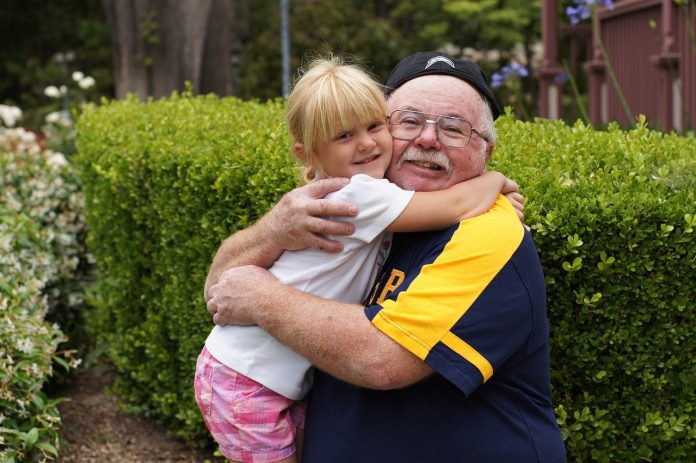Last Sunday, 2 October, marked National Grandparents’ Day, a time when families around the country celebrated the important role grandparents have to play in family life. Whilst many children will have regular contact and a close relationship with their grandparents, this is not always the case. There are various reasons why a child may not see their grandparents, and this may be due to difficult relationships between a child’s parent and the grandparents, or where a child’s parents are separating or divorcing, and one parent does not want their child seeing their other parent and their family. With this mind, we explore what rights grandparents have should they face challenges to spend time with their grandchildren.
In England and Wales, only those who have parental responsibility have an automatic right to see a child. Ordinarily, only a child’s parents will have parental responsibility so it’s unlikely grandparents have an automatic right to see their grandchildren.
When deciding on who a child should spend time with, the court’s paramount consideration is the child’s welfare, and the court must ensure that decisions made will be in a child’s best interest and promote their wellbeing. The courts recognise that unless there are serious concerns and issues, it is in a child’s best interest to see and spend quality time with their grandparents.
There are two ways in which contact between grandparents and their grandchildren can be re-established, by written agreement or a court order.
Where possible, an agreement should try to be reached outside of court to hopefully avoid it being costly, time consuming and emotionally exhausting. If grandparents are struggling to effectively communicate with a child’s parents, a mediator should be instructed to help. Mediators are independent third parties who can assist with communications so that the parties can reach an agreement and resolve the issues. Some mediators are qualified to speak to children, and this can be helpful where a grandchild is old enough to express their wishes and feelings. If issues can be resolved, a Memorandum of Understanding can be prepared and signed by all those involved.
If mediation is unsuccessful or breaks down, an application to the Court for a Child Arrangements Order will need to be made to re-establish contact between grandparents and grandchildren. Only people with parental responsibility have the automatic right to make an application for a Child Arrangements Order. If a grandparent does not have parental responsibility, then they will need to apply to the court for permission to make an application. If the court accepts the application, the grandparent will then need to make an application for a Child Arrangements Order.
If a child’s parent objects to the grandparents having contact with their grandchild, then the grandparents will need to demonstrate to the court why contact with their grandchildren will be in the child’s best interests and promote their welfare and wellbeing.
When relationships break down, a family lawyer will be best placed to help parents and grandparents with contact arrangements and resolving any difficulties in connection with this.
Annabel Andreou is a solicitor in the family team at Debenhams Ottaway


Your article helped me a lot, is there any more related content? Thanks! https://www.binance.com/lv/register?ref=B4EPR6J0